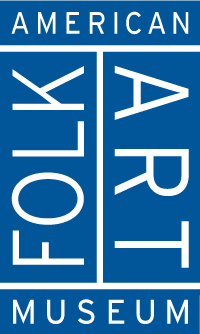Felipe Jesus Consalvos
(1891–c. 1960)
BornCuba
DiedPhiladelphia, Pennsylvania, United States
BiographyFelipe Jesus Consalvos remixed images cut from newspapers, magazines, textbooks, and photographs with cigar bands and cigar-box labels to make astonishingly complex collages. Some are two-dimensional; in others he transformed everyday objects such as musical instruments, furniture, and picture frames into sculptural pieces. Although art made with cigar labels has a long history dating back to the nineteenth century, when cigar makers started using vibrant labels with often patriotic iconography to stand out, Consalvos brought a distinctive caustic wit to this vernacular tradition. In the dense cacophony of overlapping and colliding cutouts are pinup girls with the heads of political leaders such as George Washington and Abraham Lincoln, anatomical illustrations, and advertising slogans. Some feature references to arcane Masonic symbolism. The decorative details and repeating words from the colorful cigar papers frequently used as borders give the collages a carnivalesque feel, as Consalvos playfully and subversively intertwined American icons with the detritus of consumerism.Consalvos never publicly shared his work, and it came to light only posthumously. What rough information is known about his life is that he was born outside of Havana, Cuba, in 1891, and immigrated to Miami around 1920. He later spent some time in New York before settling in Philadelphia. He regularly worked as a roller in cigar factories, where he likely sourced the cigar labels that adorn his collages alongside found materials such as postage stamps, playing cards, sheet music, dollar bills, and maps. Some of these works he signed as “Cigarmaker, Creator, Healer & Man.”
Consalvos died in Philadelphia around 1960, and his work was acquired at a garage sale in the 1980s. This collection included over 750 collages, which it is believed he created between the 1920s and the 1950s. The first exhibition of his work was held in 2004 at Fleisher/Ollman Gallery in Philadelphia; scholars have since drawn parallels between his pieces and the collage work of surrealism and the absurdist political discontent of dada.
Allison C. Meier, 2025
Text written as part of “Rethinking Biography,” an initiative supported by the Institute of Museum and Library Services (IMLS).


